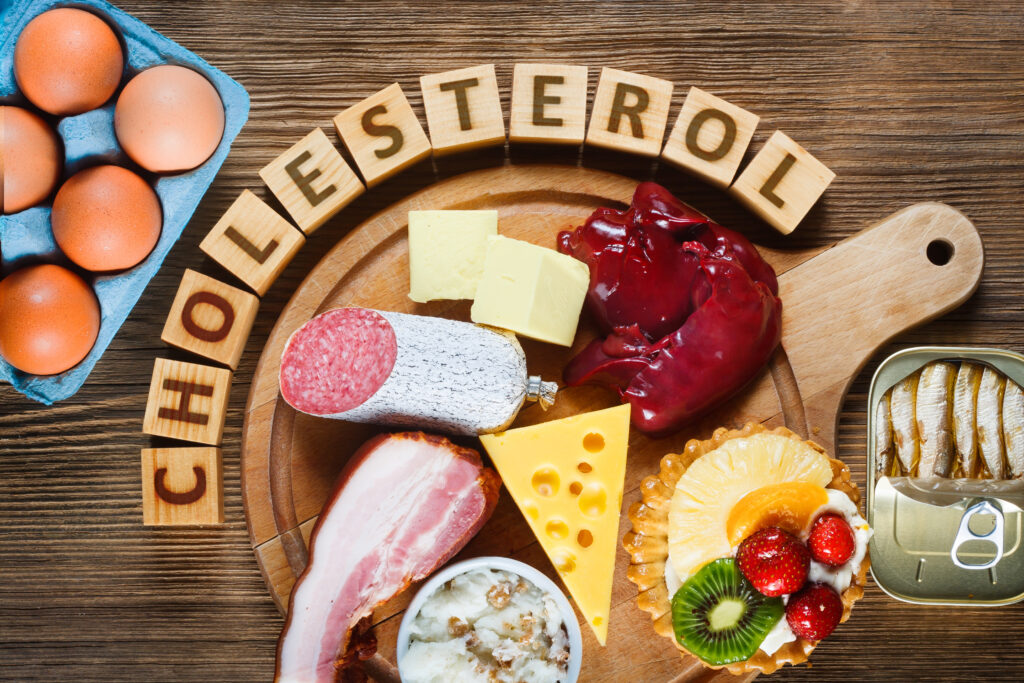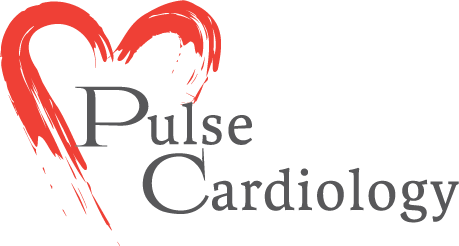Relationship between Cholesterol and Heart Disease
What is Cholesterol
Cholesterol is a fatlike substance that travels around the bloodstream of an individual.
It is subdivided into two types –
- HDL (high-density lipoproteins) and
- LDL (low-density lipoproteins)
LDL is often called the bad cholesterol and HDL as the good cholesterol since high levels of the former lead to blocked arteries and ultimately to heart attacks.
HDL is called the good cholesterol as it helps in the removal of LDL from the blood of an individual by carrying LDL molecules back to the liver which then flushes it out of the individual’s body through urine and faecal matter.
So, it is very important to have high HDL levels in one’s blood.

How to increase HDL
Well, that is pretty easy. All one would need to do is eat food items rich in good fats instead of the ones that are packed with bad or saturated fats.
In simple terms, one would need to avoid eating food items rich in saturated fats such as –
- Full-fat milk/cheese
- High-fat meats like beef/bacon
- Food items made using lard/butter
- Trans fats such as margarine, fried food items and
- Processed food items like baked goods.
One would need to increase their intake of food items packed with unsaturated fats such as avocados and ensure they are preparing their food using vegetable oils, like olive oil. They would also need to develop the habit of eating nuts, oatmeal and beans, regularly.
Does high cholesterol cause heart attacks?
Well, a study conducted in 2016 established the fact that people with high HDL levels and low LDL levels in their blood have low chances of getting diagnosed with cardiovascular disease.
It is evident that cholesterol and heart disease go hand in hand, especially when a person leads a sedentary lifestyle and does little to no physical activity. Researchers have strongly established that excessive LDL cholesterol levels in one’s blood could result in plaque build-up in the inner walls of the person’s arteries. This is known as atherosclerosis.
If this goes on unchecked then the arteries of the person would become narrower with each passing day. This would make it harder for the heart of the patient to do its job and ensure the efficient flow of blood throughout the body. This is the result of poor blood delivery to the heart muscles leading sections of the organ to die that ultimately would lead to a heart attack.
Symptoms of high cholesterol
Well, here is the catch –
If a person has high cholesterol levels in his/her blood, then no apparent symptoms are exhibited.
Hence, it is imperative that people periodically visit their doctor, get their blood examined and ascertain the exact percentage of cholesterol in their blood. It is the only way one can reduce their chances of getting diagnosed with heart disease and subsequently, reduce their chances of having a heart attack.
Cholesterol is helpful for your body but in small amounts. It helps your body by insulating nerve cells. It also helps your body to produce new cells as well as essential hormones. Your body produces all the cholesterol it needs in your liver but it can also enter in your system through your diet. As it is already established that too much of it could lead to cardiovascular disease, it is best to keep your blood cholesterol levels under control by leading an active lifestyle and eating healthy. Also, be sure to visit your doctor and ascertain the condition of your heart, periodically.
To book your consultation with one of our highly qualified cardiologists in San Bernardino, Riverside, or Rancho Cucamonga, please contact us.
